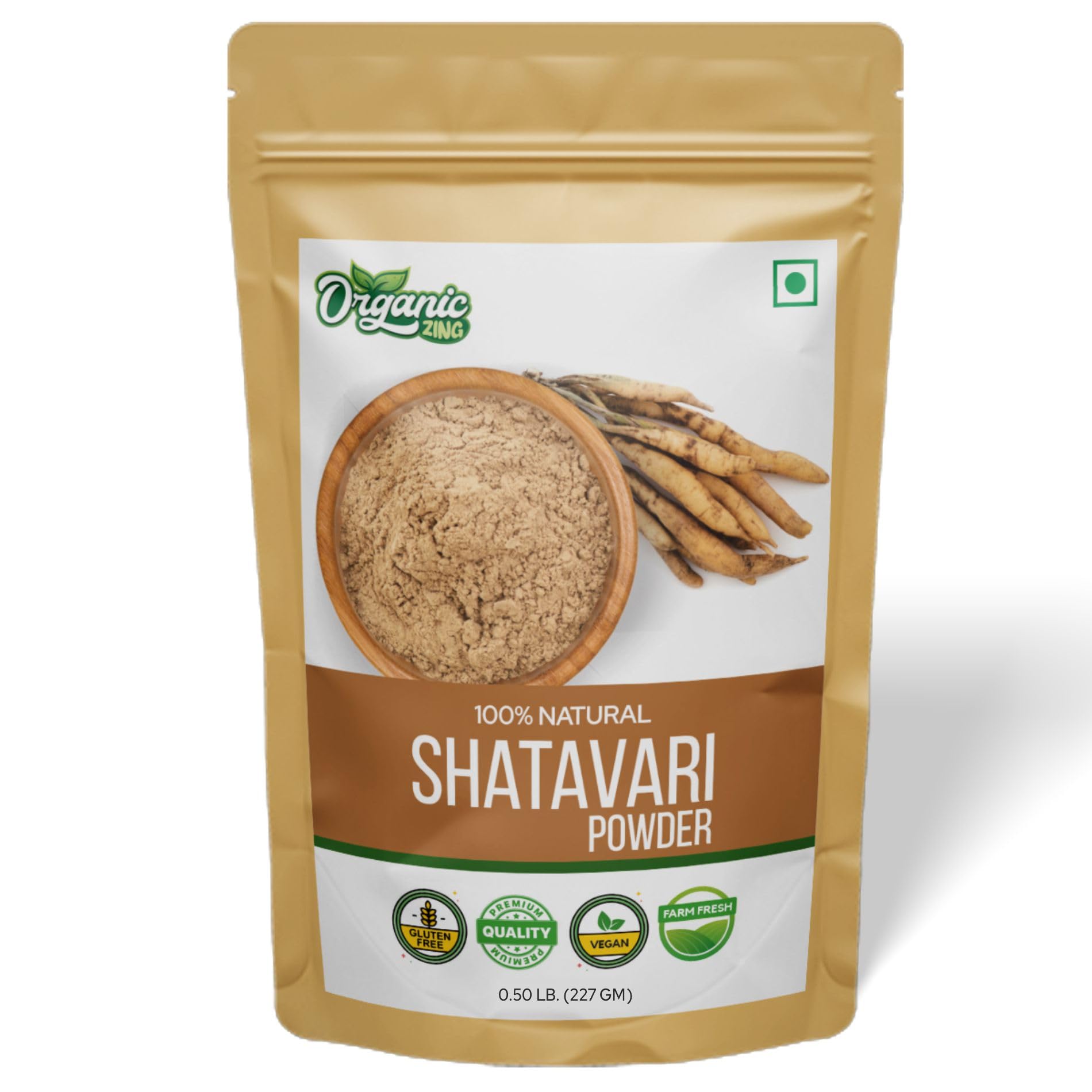Consider adding Shatavari extract to your wellness routine. This powerful herb, derived from the Asparagus racemosus plant, boasts a rich history in Ayurvedic medicine, and modern research continues to explore its numerous properties. We’ll examine its potential benefits for women’s health, explore appropriate dosage, and discuss safe and effective usage.
Preliminary studies suggest Shatavari may help support hormonal balance, which can be particularly beneficial during menopause. This is due to its potential impact on estrogen levels, although more research is needed to confirm these findings and define optimal dosages. Remember to consult a healthcare professional before using Shatavari, especially if you have pre-existing health conditions or are taking medications.
Many individuals incorporate Shatavari extract into their daily regimen through capsules, powders, or teas. Typical dosages range from 500mg to 1000mg daily, but it’s always best to follow product instructions and consult with your doctor to personalize your intake. Pay close attention to the source and quality of the extract to ensure purity and efficacy. Choose reputable brands with third-party testing to guarantee product quality.
While generally considered safe, some individuals may experience mild gastrointestinal discomfort. Starting with a lower dose and gradually increasing can minimize potential side effects. Always prioritize a holistic approach to health and well-being and consult with a healthcare provider to determine if Shatavari extract is a suitable addition to your lifestyle.
- Shatavari Extract: A Comprehensive Guide
- Understanding Shatavari’s Actions
- Using Shatavari Extract Safely and Effectively
- Shatavari Extract for Women’s Health: Benefits and Applications
- Shatavari Extract and Fertility: Exploring the Evidence
- Specific Mechanisms of Action
- Considerations and Recommendations
- Understanding Shatavari Extract: Source, Composition, and Quality
- Composition and Key Compounds
- Ensuring Quality
- Safety and Precautions When Using Shatavari Extract
- Potential Interactions and Side Effects
- Dosage and Usage
- Quality and Sourcing
Shatavari Extract: A Comprehensive Guide
Consider Shatavari extract for its potential benefits in women’s health. Many women report improvements in hormonal balance and reproductive health after consistent use.
Understanding Shatavari’s Actions
Shatavari, scientifically known as Asparagus racemosus, contains saponins, which contribute to its diverse effects. These compounds are believed to impact hormone levels, potentially reducing symptoms of menopause and promoting regular menstrual cycles. Furthermore, studies suggest anti-inflammatory and antioxidant properties.
- Hormonal Balance: Shatavari may help regulate estrogen and progesterone levels, alleviating symptoms associated with PMS and menopause.
- Reproductive Health: Some research indicates potential benefits for fertility and improving the health of the female reproductive system.
- Stress Reduction: Preliminary evidence suggests Shatavari may possess adaptogenic properties, potentially helping the body manage stress.
Using Shatavari Extract Safely and Effectively
Always follow product instructions carefully. Dosage varies depending on the extract’s concentration and your individual needs. Consult a healthcare professional before using Shatavari, particularly if you are pregnant, breastfeeding, or have underlying health conditions. Consider these points:
- Source and Quality: Choose reputable brands that provide third-party lab testing to ensure purity and potency.
- Dosage: Start with a low dose and gradually increase it as needed, monitoring for any side effects.
- Interactions: Shatavari may interact with certain medications. Discuss potential interactions with your doctor or pharmacist.
- Side Effects: While generally safe, some individuals may experience mild digestive upset or allergic reactions. Discontinue use and consult your doctor if you experience any adverse effects.
Remember, while anecdotal evidence and some studies are promising, more rigorous research is needed to fully understand Shatavari’s effects. It’s not a replacement for conventional medical care.
Shatavari Extract for Women’s Health: Benefits and Applications
Consider Shatavari extract for its potential to support hormonal balance throughout a woman’s life. Many women report experiencing relief from menopausal symptoms like hot flashes and night sweats after incorporating it into their routine.
Studies suggest Shatavari may help regulate menstrual cycles, easing discomfort associated with PMS. This makes it a potentially valuable addition to a holistic approach to women’s reproductive health.
Beyond its role in hormone regulation, Shatavari might also boost fertility by improving uterine health and promoting a healthy environment for conception. However, consult your doctor before using it for this purpose.
Many women appreciate Shatavari’s potential to support breast health. However, scientific evidence supporting this benefit remains limited, and further research is needed.
For best results, follow the recommended dosage on the product label. It’s often consumed as a capsule or powder, mixed into drinks or food. Always choose a high-quality extract from a reputable supplier.
While generally safe, some women may experience mild digestive upset. Pregnant or breastfeeding women should consult their healthcare provider before using Shatavari extract.
Remember to discuss Shatavari’s potential interaction with any medications you are currently taking with your doctor or pharmacist before starting supplementation.
Shatavari Extract and Fertility: Exploring the Evidence
While some studies suggest Shatavari may improve fertility parameters in women, more robust, large-scale clinical trials are needed to confirm these findings. A 2013 study in the Journal of Ayurveda and Integrative Medicine showed promising results regarding improved ovarian function in infertile women. However, this study’s relatively small sample size limits the generalizability of its conclusions.
Specific Mechanisms of Action
Research suggests Shatavari’s potential benefits for fertility might stem from its phytoestrogenic properties and its ability to modulate hormones. These actions could potentially improve follicle stimulating hormone (FSH) levels and enhance endometrial lining thickness, both crucial for successful conception. Further investigation is required to completely understand these intricate processes.
Considerations and Recommendations
Always consult a healthcare professional before using Shatavari extract, particularly if you are pregnant, breastfeeding, or have underlying health conditions. Self-treating infertility can be risky; a medical evaluation should precede any complementary or alternative medicine approach. While anecdotal evidence and some preliminary research support Shatavari’s potential role in fertility support, scientific evidence remains limited. More research with rigorous methodology is urgently needed to definitively determine its efficacy and safety.
Understanding Shatavari Extract: Source, Composition, and Quality
Shatavari extract originates from the roots of Asparagus racemosus, a plant native to India. Look for extracts sourced from reputable suppliers who prioritize sustainable harvesting practices. This ensures the long-term viability of the plant and the quality of the extract.
Composition and Key Compounds
The extract’s composition varies depending on the extraction method and plant source. However, saponins, particularly steroidal saponins, are major bioactive components. These compounds contribute to many of Shatavari’s purported benefits. Other important constituents include polysaccharides and alkaloids. Reliable suppliers provide Certificates of Analysis (COAs) detailing the concentration of these key compounds. Review these COAs before purchasing to compare quality between products.
Ensuring Quality
To ensure high-quality Shatavari extract, choose products with transparent sourcing and processing information. Check for third-party testing verification. This independent analysis confirms the extract’s purity, potency, and absence of contaminants. Avoid products with vague descriptions of their source or manufacturing process. Look for clear information about the extraction method employed, as this greatly impacts the final product’s composition and efficacy.
Safety and Precautions When Using Shatavari Extract
Consult your doctor before using Shatavari extract, especially if you’re pregnant, breastfeeding, or have a medical condition. This is particularly important if you have hormonal imbalances, uterine fibroids, or ovarian cysts. Shatavari can interact with certain medications, including diabetes medications and hormone therapies. Always inform your healthcare provider about all supplements you are taking.
Potential Interactions and Side Effects
While generally considered safe, some people experience mild side effects like nausea, diarrhea, or stomach upset. Rarely, allergic reactions may occur. Shatavari may lower blood sugar levels; individuals with diabetes should monitor their blood sugar closely while using it. It might also interact with medications affecting blood clotting. Stop use and seek medical attention if you develop unexpected symptoms.
Dosage and Usage
Follow the recommended dosage on the product label. Do not exceed the suggested amount. Start with a low dose to assess your tolerance. Varying preparations exist, each with different strength, so follow instructions carefully. Purchase Shatavari extract from reputable sources to ensure purity and quality.
Quality and Sourcing
Source your Shatavari extract from a reliable supplier with third-party testing verification to ensure product quality and purity. Look for extracts that specify the standardized concentration of active compounds for consistent results. Avoid products without clear labeling or those claiming unsubstantiated health benefits.





